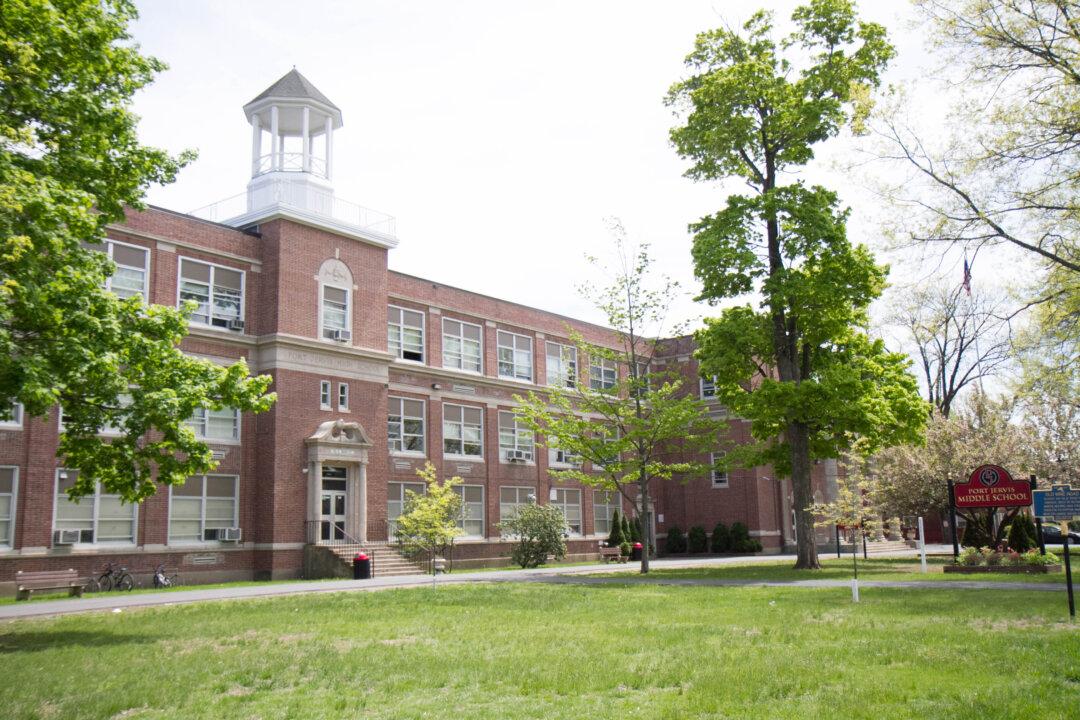PORT JERVIS, N.Y.—According to a newly released audit by the State Comptroller’s Office, the Port Jervis School District in New York consistently levied millions of dollars more than needed of property taxes and thereby put an unnecessary burden on taxpayers.
During the past four fiscal years, the district overestimated spending by an average of $5.8 million a year, resulting in surpluses that were three to five times the statutory limit, the report says.





